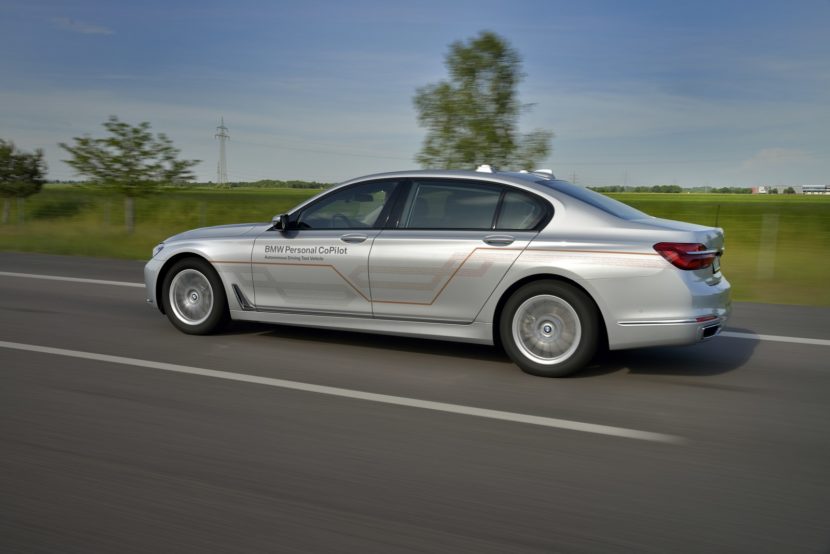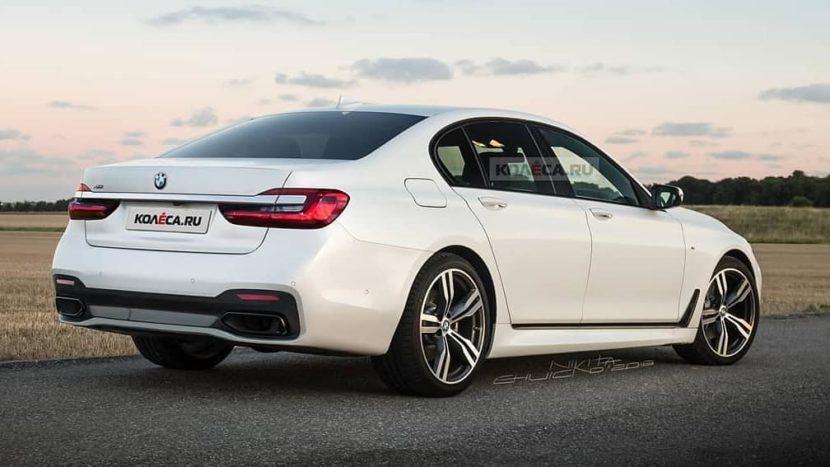In a recent report from Autocar, we learned that the next-generation of Mercedes-Benz S-Class, due out in 2020, will go full-hybrid. All standard S-Class variants will have at least some sort of hybridized powertrain, whether it be a MHEV (Mild Hybrid Electric Vehicel) or PHEV (Plug-in Hybrid). It’s a sensible move for Mercedes-Benz, as it puts its S-Class ahead of its rivals in terms of green technology and opens the door for the rest of its lineup to do the same. Considering how much of a copy-cat industry this is, it’s only a matter of time BMW follows suit. So which will be the first Bimmer to do so?
Such a switch might not be so crazy after all. A few years ago, BMW went fully-turbocharged. It happened slowly, with larger naturally-aspirated engines having been replaced by turbocharged engines as new models came out. It wasn’t long before entire models were completely turbocharged, without a single N/A engine available. After that, the full-lineup switch eventually happened.
Now, BMW no longer offers a single naturally-aspirated engine. So eventually the Bavarians will make another switch but this time it will the one toward electrification, likely starting with hybridization. The question is, which BMW model will follow the S-Class make the jump first?
We suspect it might be the next-generation 7 Series, if BMW decides to go this route. The 7 Series will be the next Bavarian to get an all-new model, now that the 8 Series, 3 Series, X5 and X7 have all received new models this year. So the 7er is the next one to get replaced and, if the Bavarians want to take on Mercedes-Benz, it should get at least some sort of hybridization for each available powertrain.
Plus, hybrid tech works really well in luxury cars, as the added weight from the batteries is really a non-issue and the instant electric torque is welcome. For instance, the 740e iPerformance is an excellent 7 Series variant.

BMW clearly has the means to do so, with the brand already developing its own electric powertrains and battery tech. Now the Bavarians just need to commit to electrification and go full-hybrid on at least one model. Once that happens, the tech will trickle down to its other models and the hybrid takeover will commence.






































































